What's Hot: What Is In The Big New Housing Bill?
 A Comprehensive Debate About the Future of DC's Comprehensive Plan
A Comprehensive Debate About the Future of DC's Comprehensive Plan
✉️ Want to forward this article? Click here.
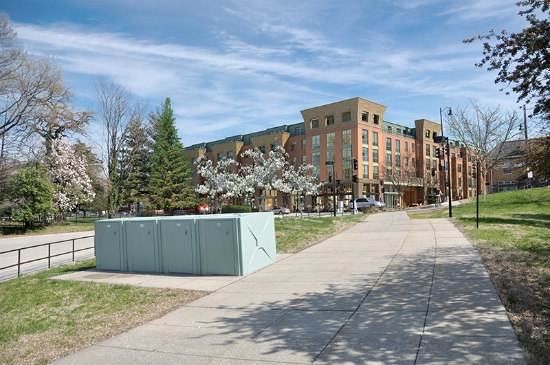
Earlier this year, the Office of Planning released a suite of revisions to the Framework Element of DC's Comprehensive Plan with the intention of clarifying guidance on how future development decisions should be made in the city. The debate over the proposed amendments to the plan reached a crescendo on Tuesday (and into early Wednesday) as over 250 people signed up to testify at a DC Council hearing on the Comprehensive Plan Amendment Act of 2018.
The revisions to the Framework Element largely clarify that its definitions, classifications and recommendations are meant to be suggestive or encouraging of certain types and scales of development (or lack thereof) rather than prescriptive or mandating. This loosening of standards is anticipated to give the city's zoning bodies more latitude to approve developments while weakening appellate court's standing to overturn those approvals. In practical terms, hundreds of residential units would potentially be delivered or under construction by now had they not been delayed by appeals.
However, many DC residents and activists disagree that these revisions would be a net benefit. Witnesses at Tuesday's hearing, which stretched over 10 hours, generally fell into three categories: those encouraging the Council to pass the bill approving the amended Plan (primarily developers), those who want the Council to squash the bill and leave the Plan as-is, and those who encourage the Council to either amend the bill or have the Office of Planning amend the Plan further before passage. The only universal point of agreement was that the District must do all it can to create affordable housing options for current and future residents.
Witnesses testifying in opposition to the bill bemoaned the weakened ability of citizens to appeal zoning decisions and the weakened requirement for new development to fit the character of its surrounding neighborhood.
story continues below
loading...story continues above
"The developers' response to these rare community challenges and even rarer success is to say, 'let's get the mayor and the Office of Planning to change the Comprehensive Plan to effectively eliminate or render futile any challenges to big developer plans in the future'," testified ANC Commissioner Renée Bowser (4D02) to cheers, citing that two challenges ruled on in 2016 were the first to succeed in 20 years.
Others testified that the issue was not big development, but development that is incompatible with its location. "Just for clarity, for [those with stickers reading "Stop the Comprehensive Plan Scam"], neighborhood character is first priority and building of affordable housing is second priority?" asked Councilmember Robert White to protestations by some in attendance. "There will be times when those two conflict. Can we set a number one priority and a number two priority between affordable housing and neighborhood character?"
"With all due respect, I think you're setting up a situation where people who want stable neighborhoods are really left looking like NIMBYs, and we really aren't," Takoma resident Sara Green responded. However, many noted that the argument of protecting neighborhood character has historically been used as a tool of segregation. "I have concerns about words like 'stable neighborhoods' and all the different words about protecting neighborhood character," testified David Whitehead of Greater Greater Washington. "I think those can be misused in a way that perpetuates segregation and exclusion."
Most people agreed that the Plan inadequately addresses how to truly create affordable housing that would stem the tides of displacement — particularly when the scale for what qualifies as "affordable" is so greatly skewed by the prevalence of very high-income households in the region.
Another recurring point was that the legislative route taken to enact amendments to the Plan circumvented the public review, input and feedback process. Others also pointed out that the alternative to empowering the zoning bodies to use their discretion in weighing how and whether to approve developments is to empower federally-appointed judges to do so, taking the decision away from those with a stake in the city's future.
The record for public comment will remain open until April 3rd. UrbanTurf will continue to monitor the future of the bill and Comp Plan amendments.
See other articles related to: appeals, comprehensive plan, dc comprehensive plan, dc council, zoning
This article originally published at https://dc.urbanturf.com/articles/blog/a-comprehensive-debate-about-the-future-of-the-comprehensive-plan/13723.
Most Popular... This Week • Last 30 Days • Ever
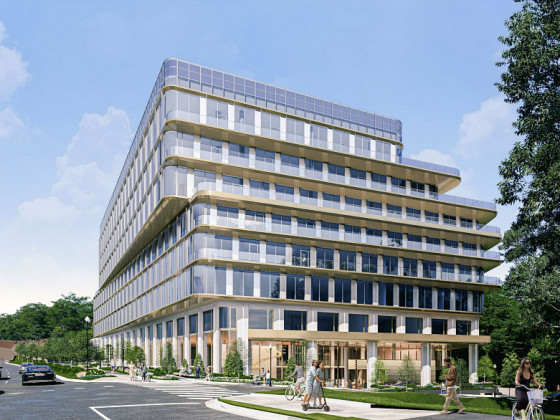
Taicoon Property Partners will take its plans for a seven-story, 88-unit luxury condo... read »
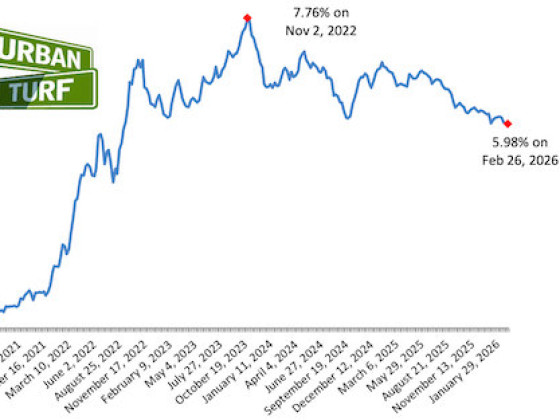
While it may seem like paying off a long-term mortgage early is a difficult task, it ... read »

The property in Upperville known as Ayrshire Farm sold on Friday.... read »
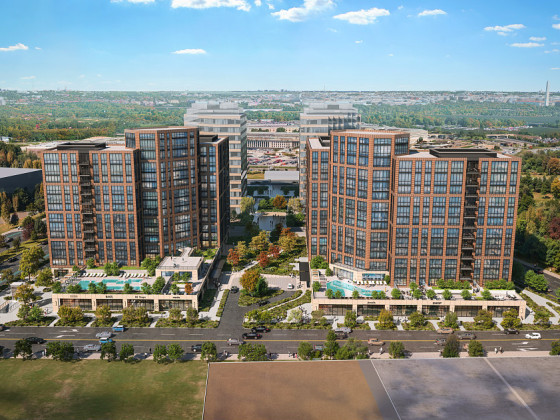
A new proposal is on the boards for the former home of the Transportation Security Ad... read »
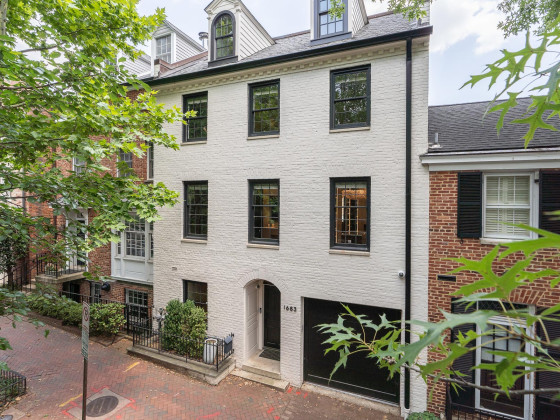
The classic Federal-style home recently underwent a dazzling, $2M renovation and boas... read »
- Plans For One Of Northern Virginia's Largest Condo Projects Move Forward
- A Look at The Ways You Can Pay Off Your Mortgage Early
- Sandy Lerner's 570-Acre Virginia Farm Sells For $19.8 Million
- 637 Apartments, 31,000 Square Feet Of Retail: The New Plans for Pentagon City TSA Site
- A Pool, Elevator and Glass Roof: Luxuriously Renovated Georgetown Home Hits the Market
DC Real Estate Guides
Short guides to navigating the DC-area real estate market
We've collected all our helpful guides for buying, selling and renting in and around Washington, DC in one place. Start browsing below!
First-Timer Primers
Intro guides for first-time home buyers
Unique Spaces
Awesome and unusual real estate from across the DC Metro













